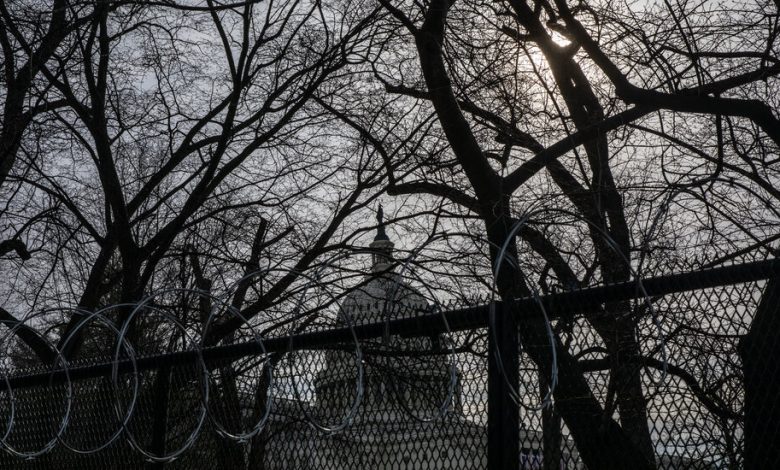The System Isn’t Built for Jan. 6, and Neither Are We

There won’t be a trial anytime soon — or maybe ever — for Donald Trump on charges related to Jan. 6. No matter the Supreme Court presidential immunity decision, even if the court rules that a trial can proceed, there almost certainly won’t be enough time before the election. If Mr. Trump is elected, there might not be a trial at all.
One of the things a trial gives you is an answer: There is an ending to a trial. In Manhattan last month, no matter how anyone felt about the guilty verdict, or the politics of the charges, or the cultural value of the case as a representation of what Donald Trump means in American life, Mr. Trump and everyone in the country got an ending. And that the trial itself was about such a narrow series of events and that so few people seem to have changed their minds after its ending might demonstrate how resolved the history of those hush payments already was.
Obviously endings to trials can go beyond guilt and acquittal; there are appeals that can lead to overturned convictions, and hung juries and mistrials that freeze out either possibility. But on some level even a hung jury provides an answer: Here is tangible evidence of a societal inability to resolve this issue.
There won’t even be an ending like that to Jan. 6, and if you think about it, there still isn’t a clean separation between the event and the politics of 2024.
The riot at the Capitol was happening and then it wasn’t. Mr. Trump eventually left, but didn’t leave. The House impeached, but the Senate acquitted. Prosecutors brought charges, but the process has spooled out into an in-between place.
Committees aired hearings and released transcripts; people wrote books and filed civil suits; individuals such as Rudy Giuliani have faced punishing financial penalties. And we have learned more and worse details about the inner workings of the Trump White House that melted down into disaster.
